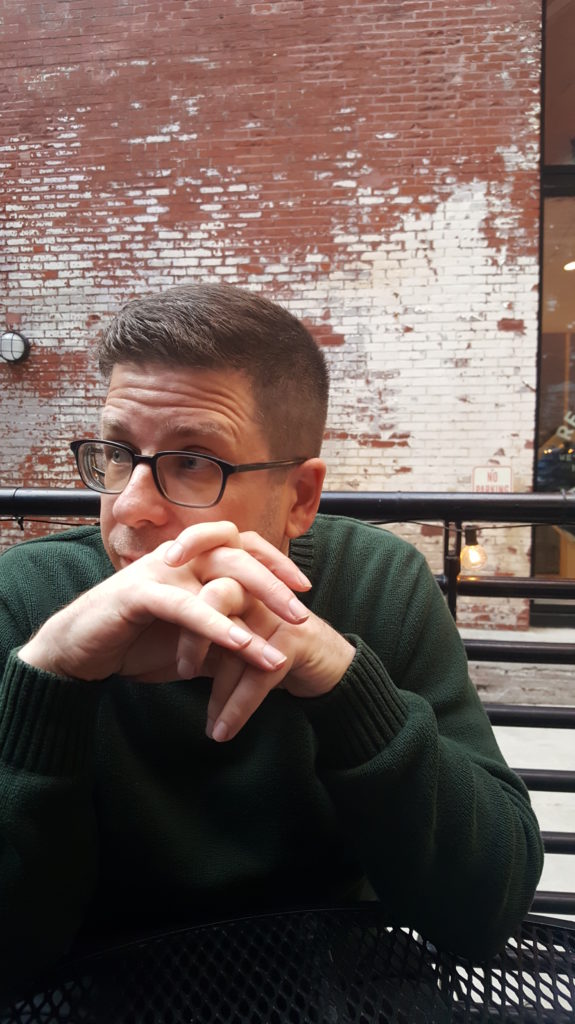by Marisa Yerace, WIC GTA

In conversations with colleagues who teach writing and my own students, I’ve repeatedly heard worries about discerning what information is truthful or reliable when researching. In response to that, I found multiple articles leading to the work of Mike Caulfield, a digital information literacy expert working at Washington State University Vancouver. He has worked with various organizations on digital literacy initiatives to combat misinformation, including AASCU’s American Democracy Project, the National Writing Project, and CIVIX Canada.
His approach to digital critical consumption, often referred to as the “four moves”, is popular among those teaching first-year college students how to evaluate and contextualize information sources. Here are some uses or examples of his work:
- Caulfield’s open-access textbook, Web Literacy for Student Fact-Checkers;
- From Caulfield’s blog, “How “News Literacy” Gets the Web Wrong;”
- Check, Please!, an online curriculum from Caulfield for fact-checking;
- David Gloobar for Pedagogy Unbound in The Chronicle of Higher Education: “How to Teach Information Literacy in an Era of Lies;”
- Beckie Supiano for The Chronicle of Higher Education: “Students Fall for Misinformation Online. Is Teaching Them to Read Like Fact Checkers the Solution?“
On May 1st, Mike Caulfield will be our invited guest for a WIC Spring Lunch. We hope you can attend and, if at all possible, have a look through some of his ideas so we can engage in a rich conversation.
Looking forward to seeing you there,
Marisa Yerace, WIC GTA & the WIC Team
